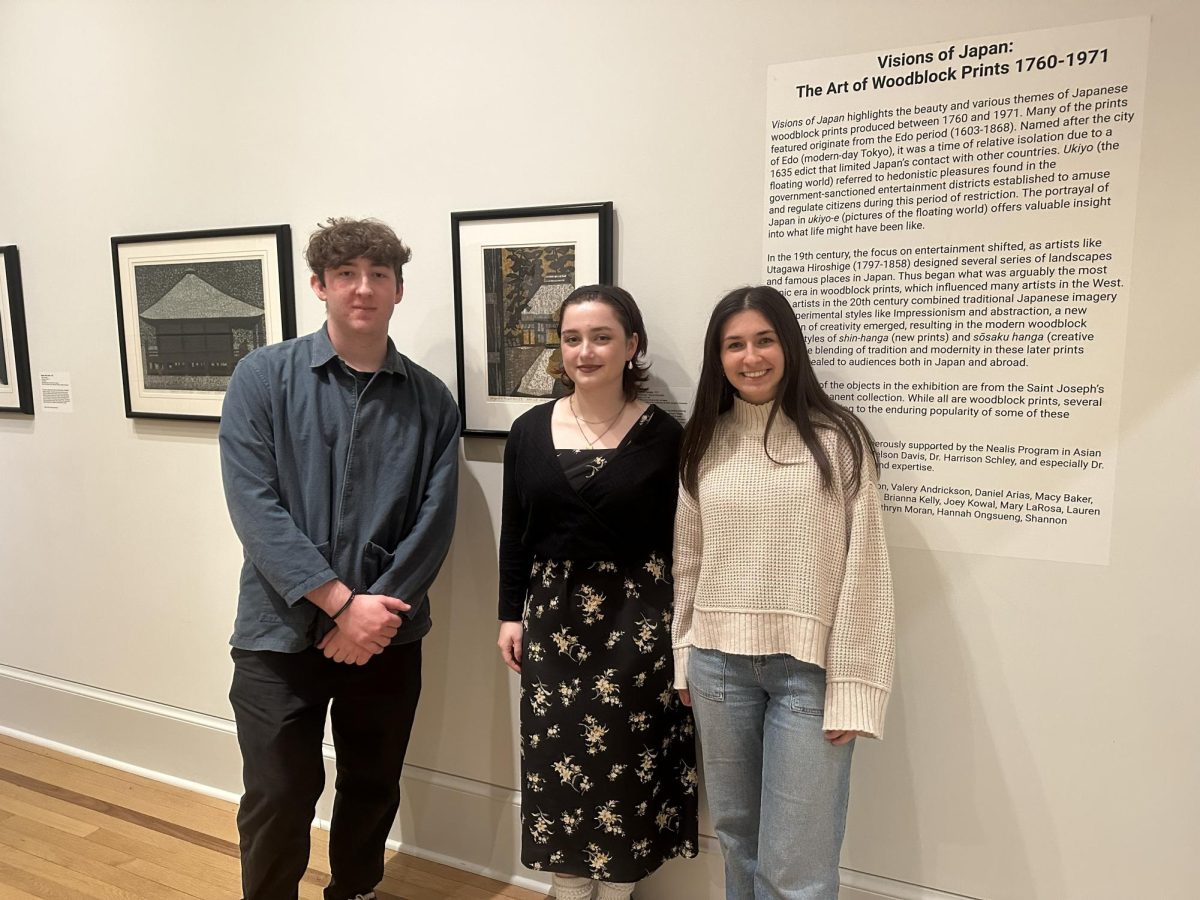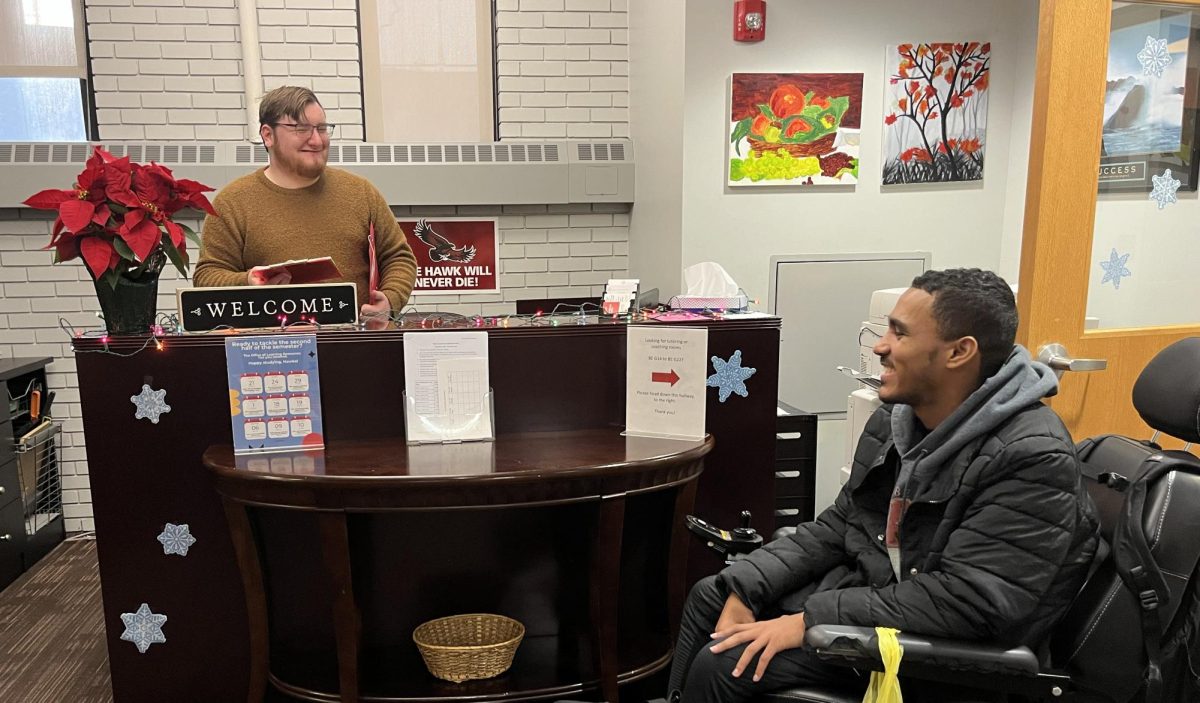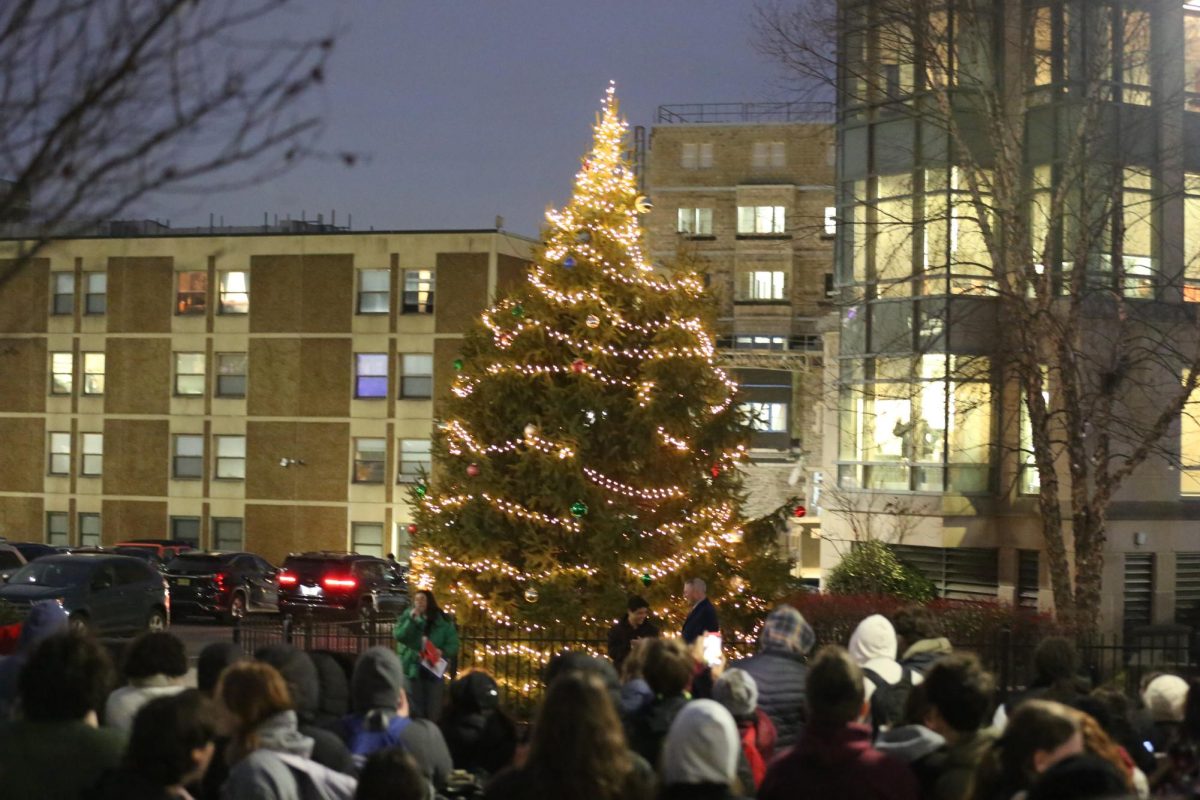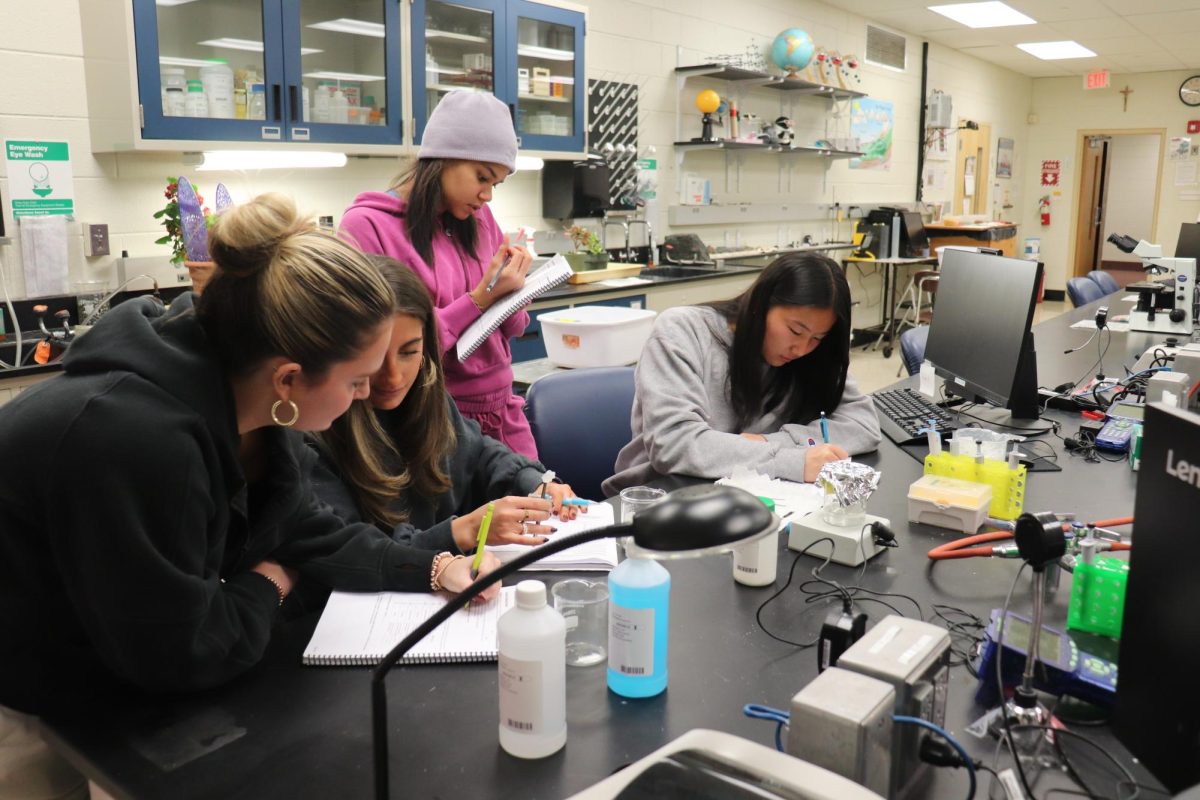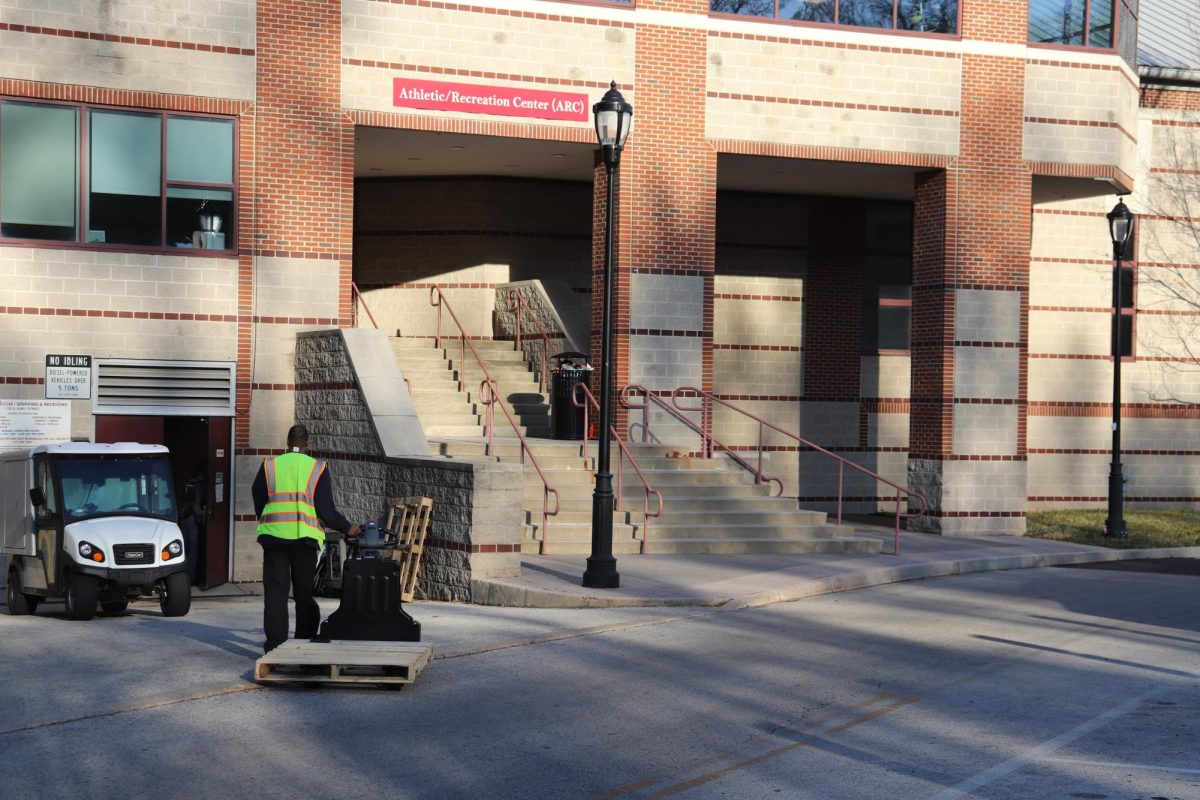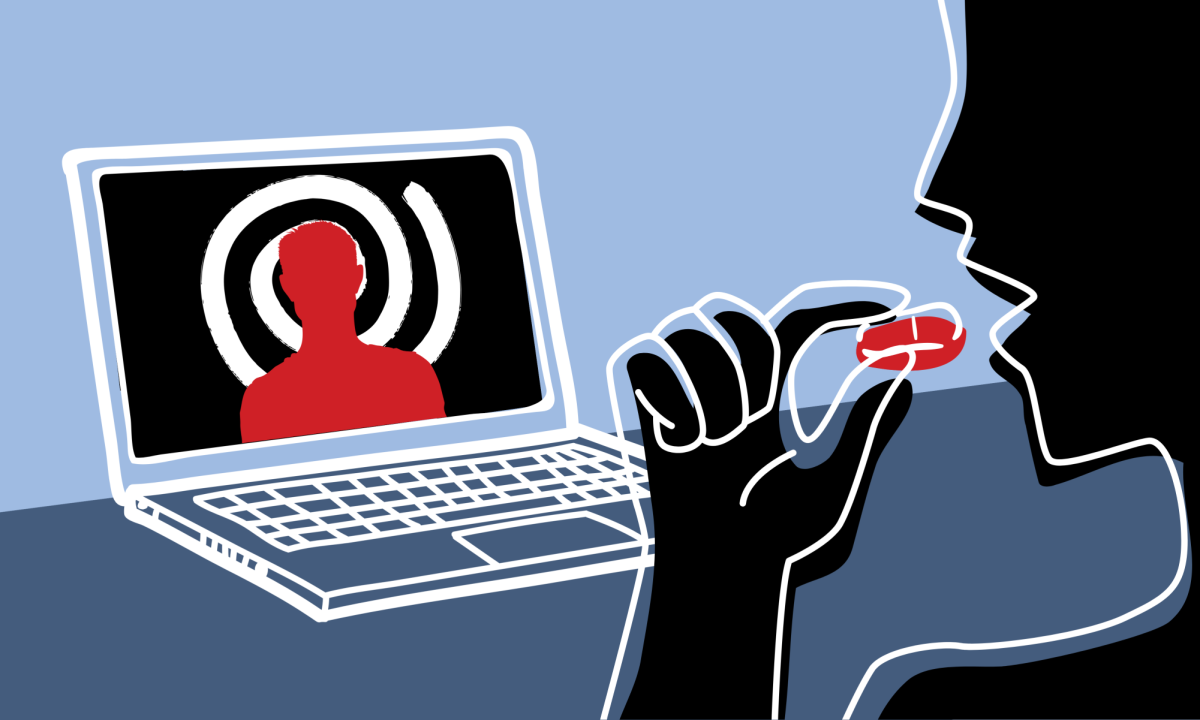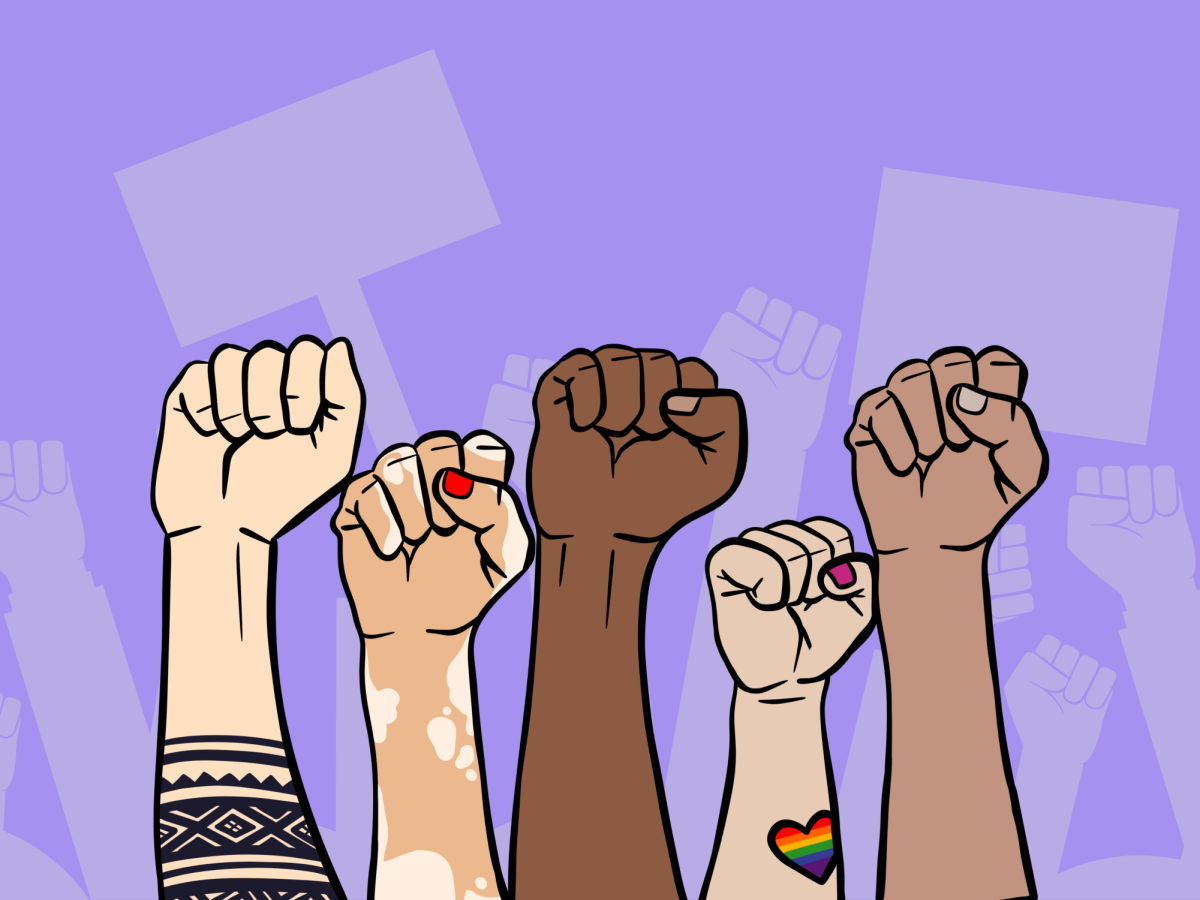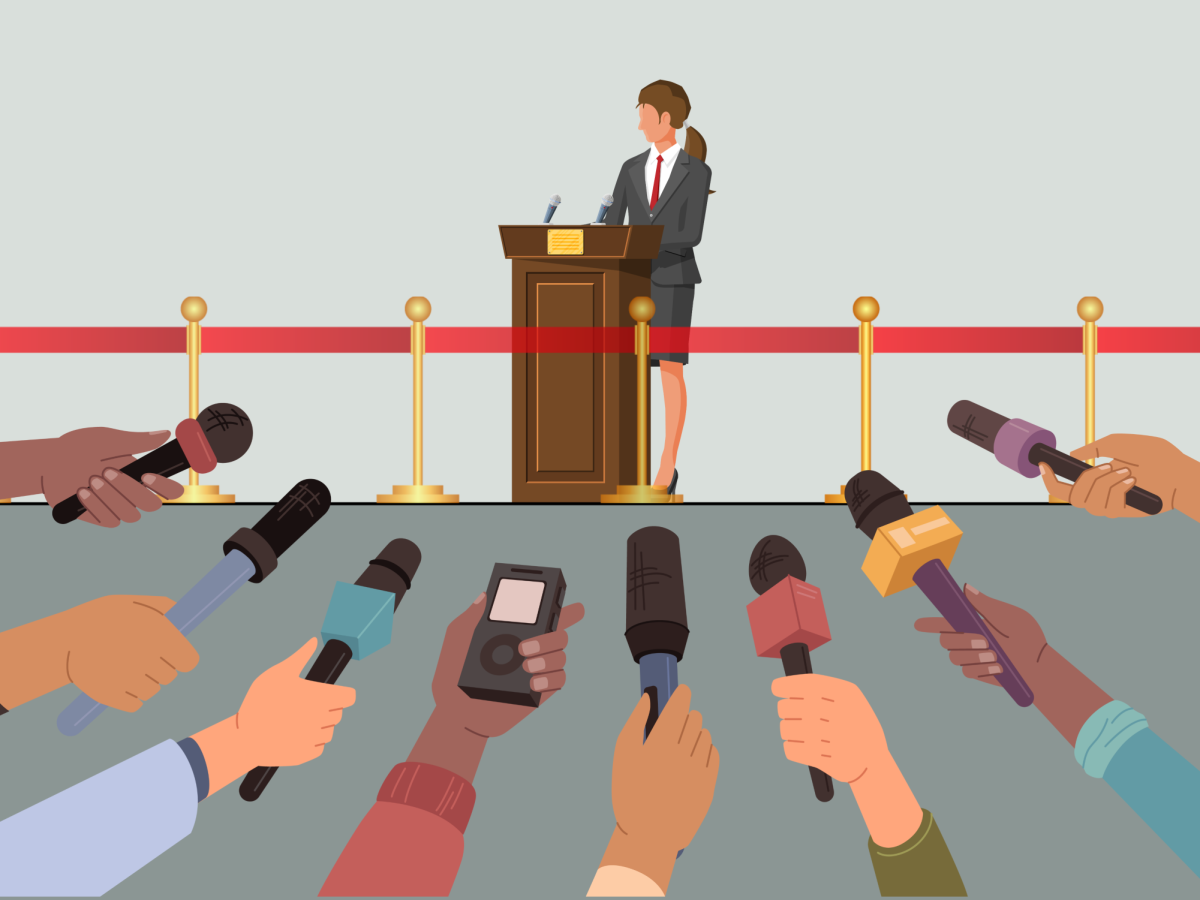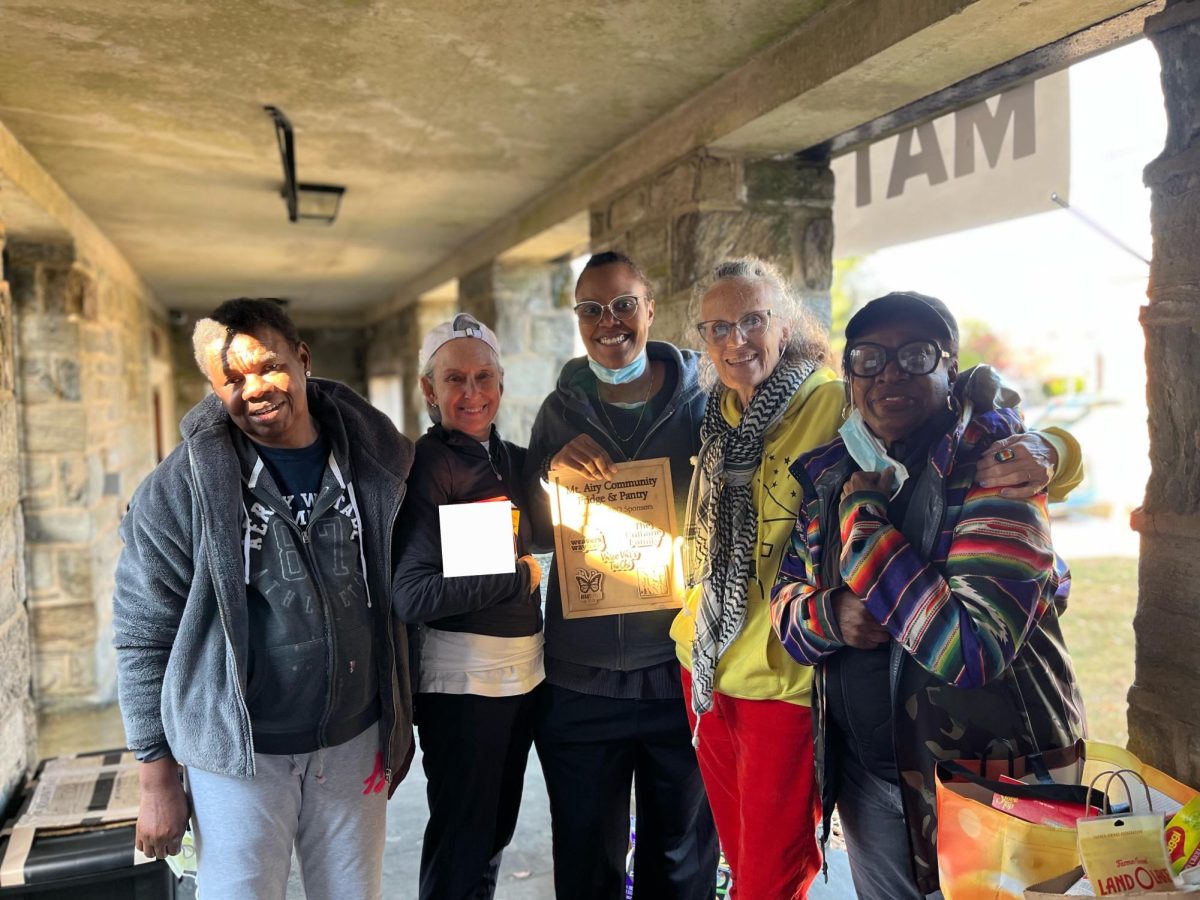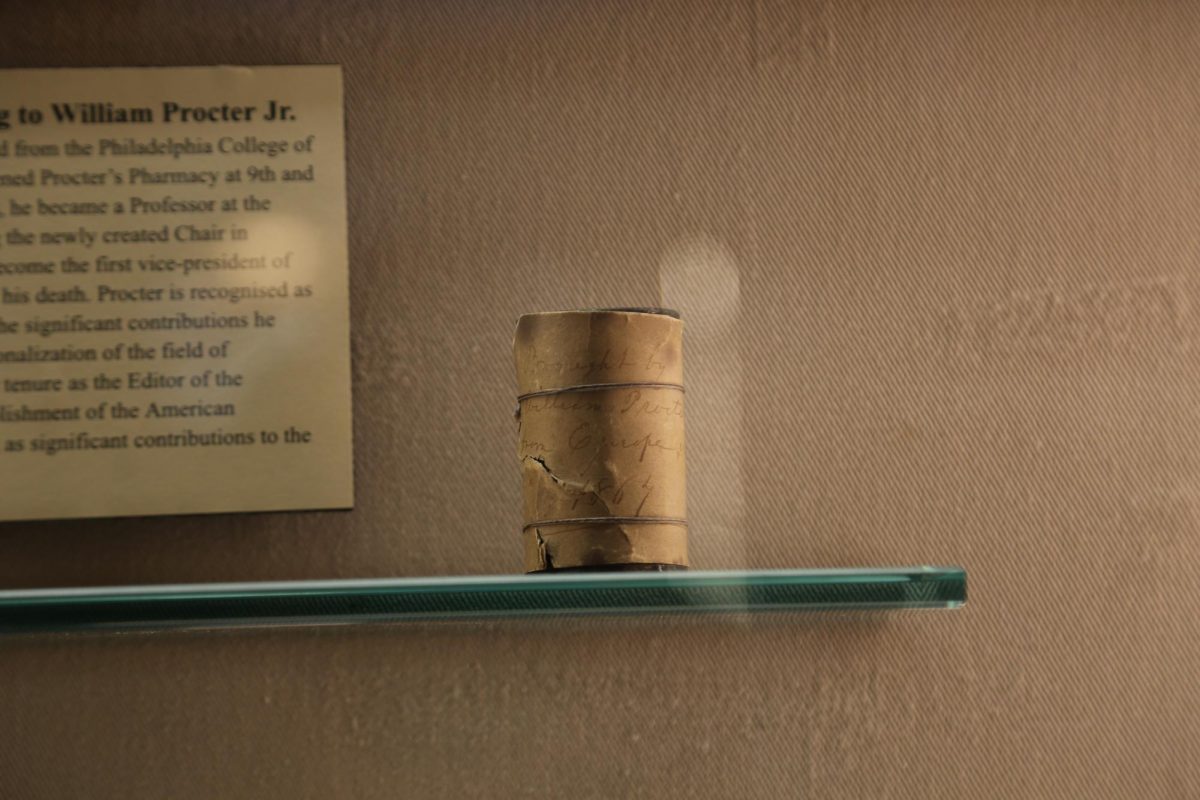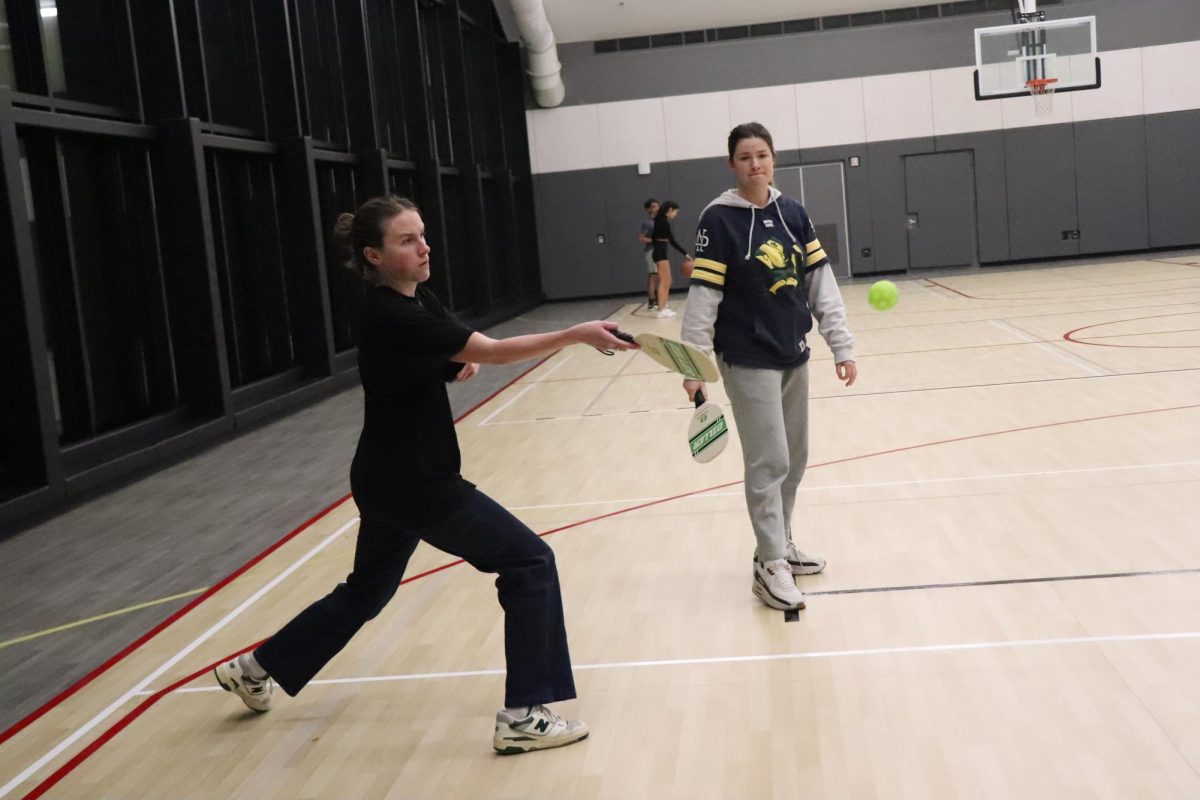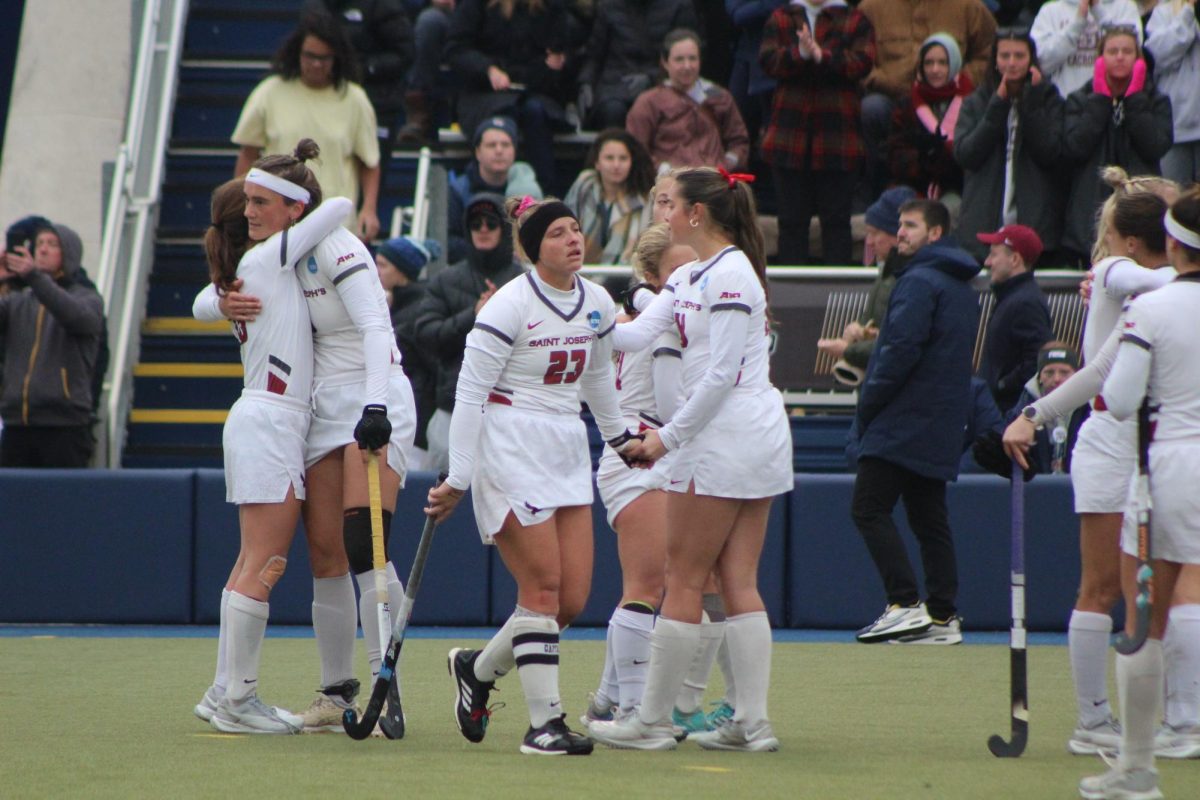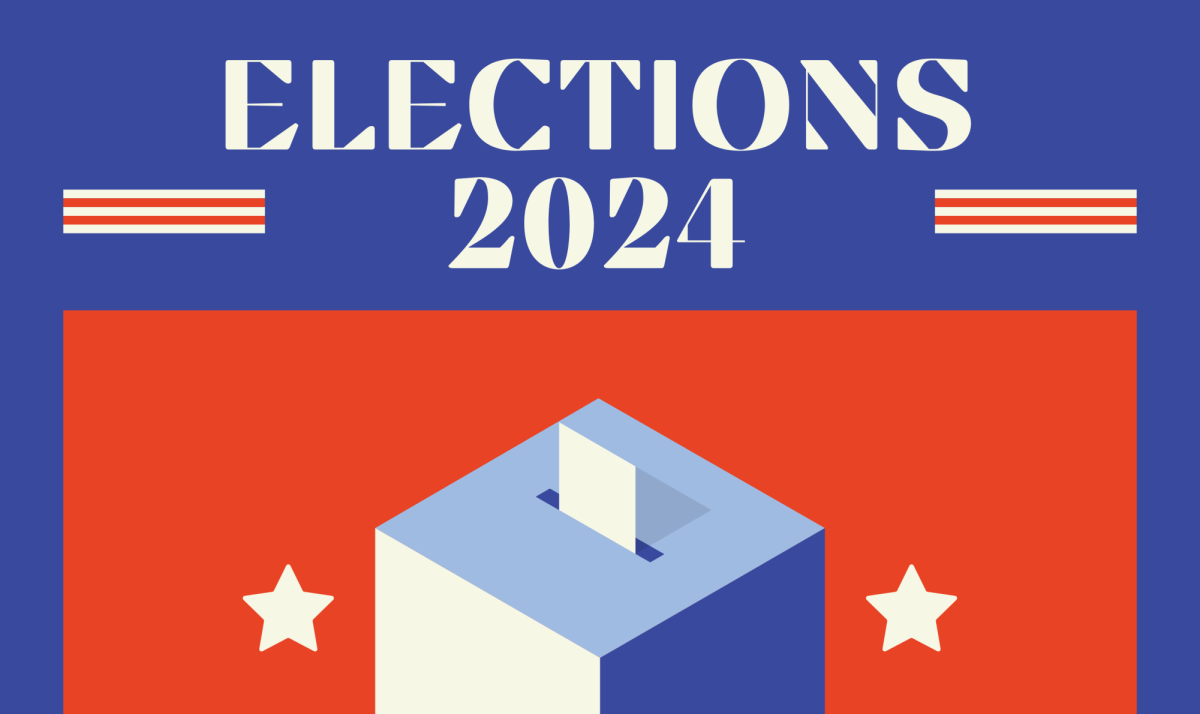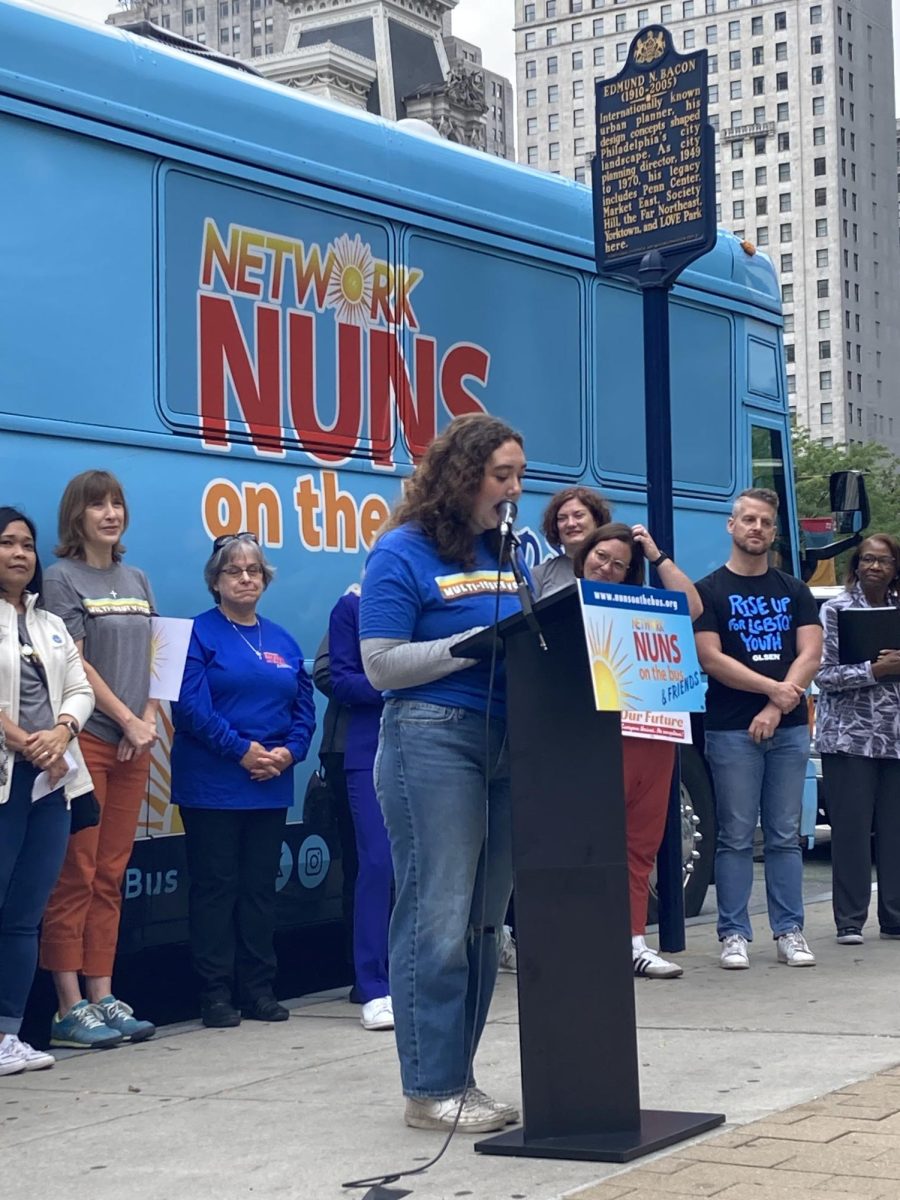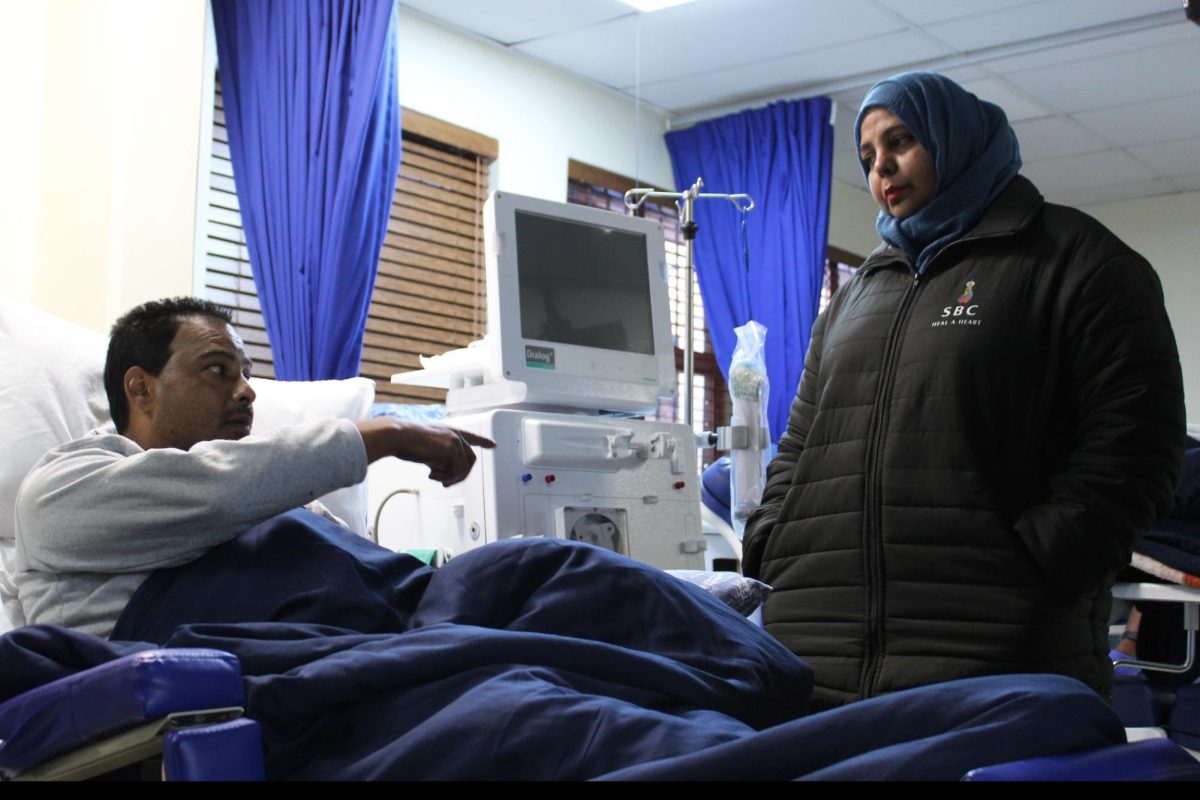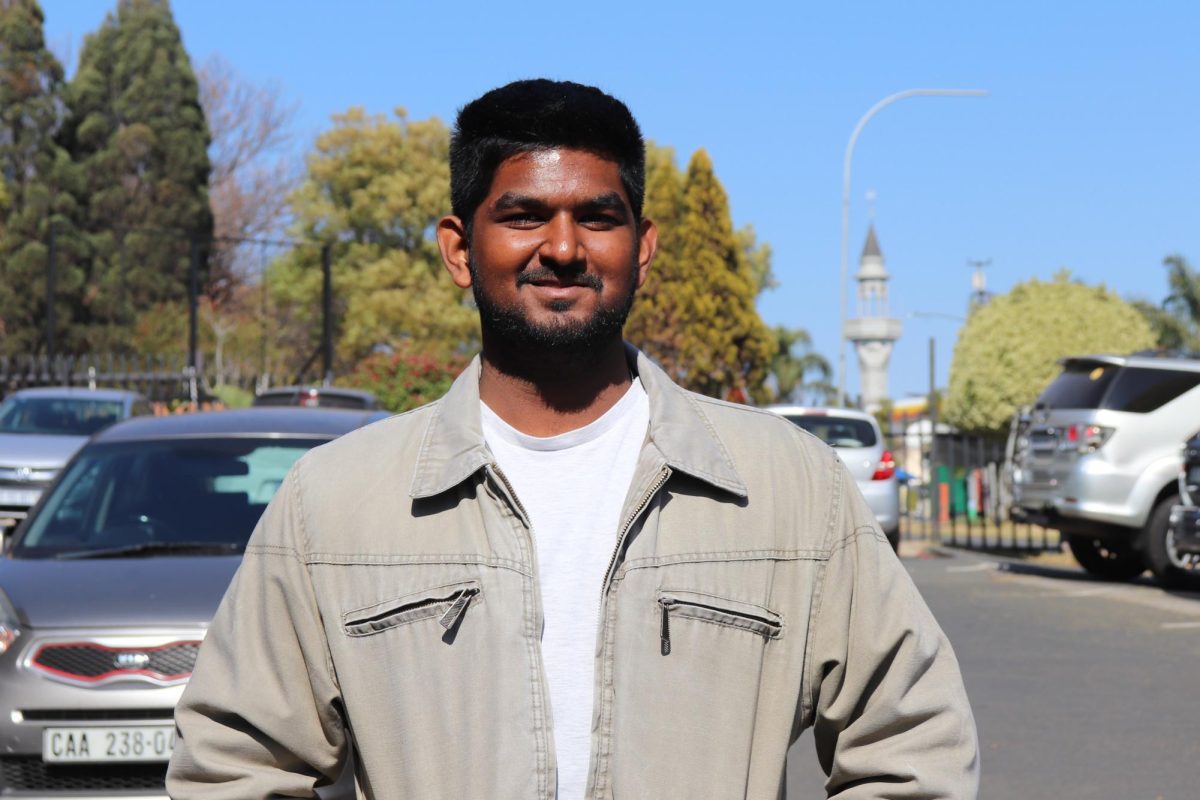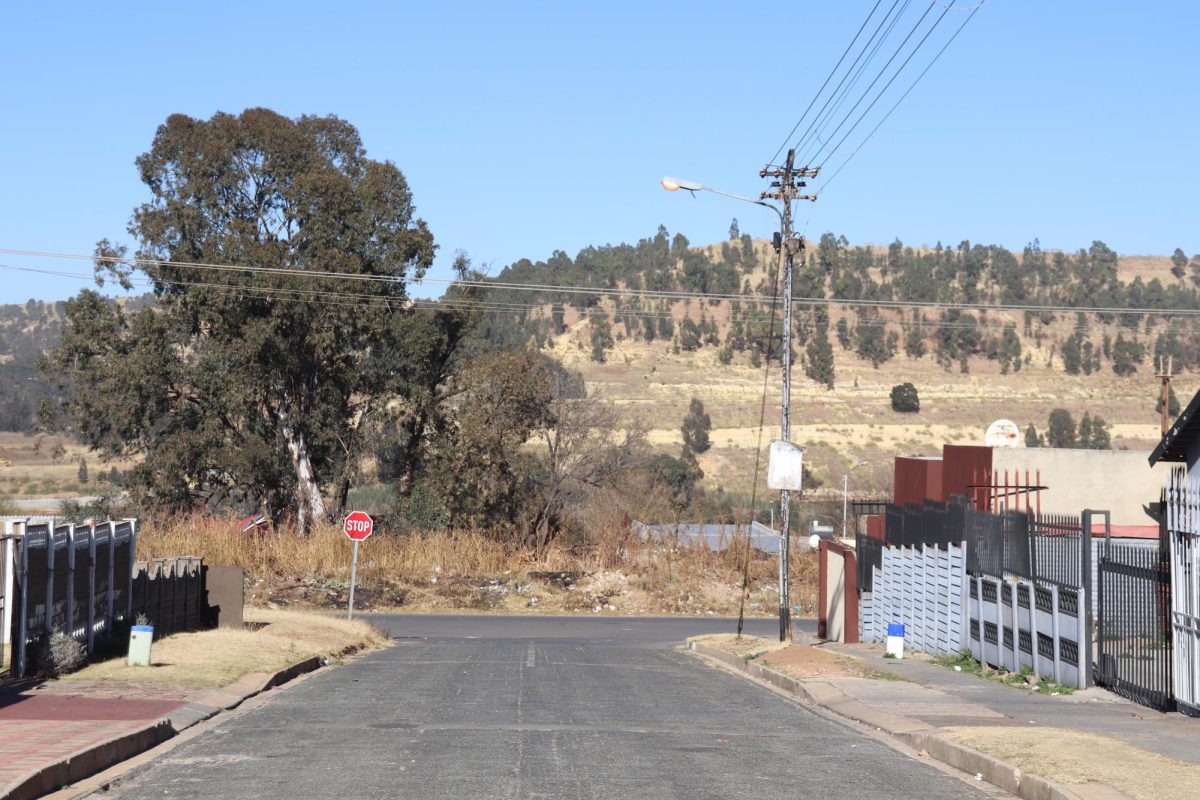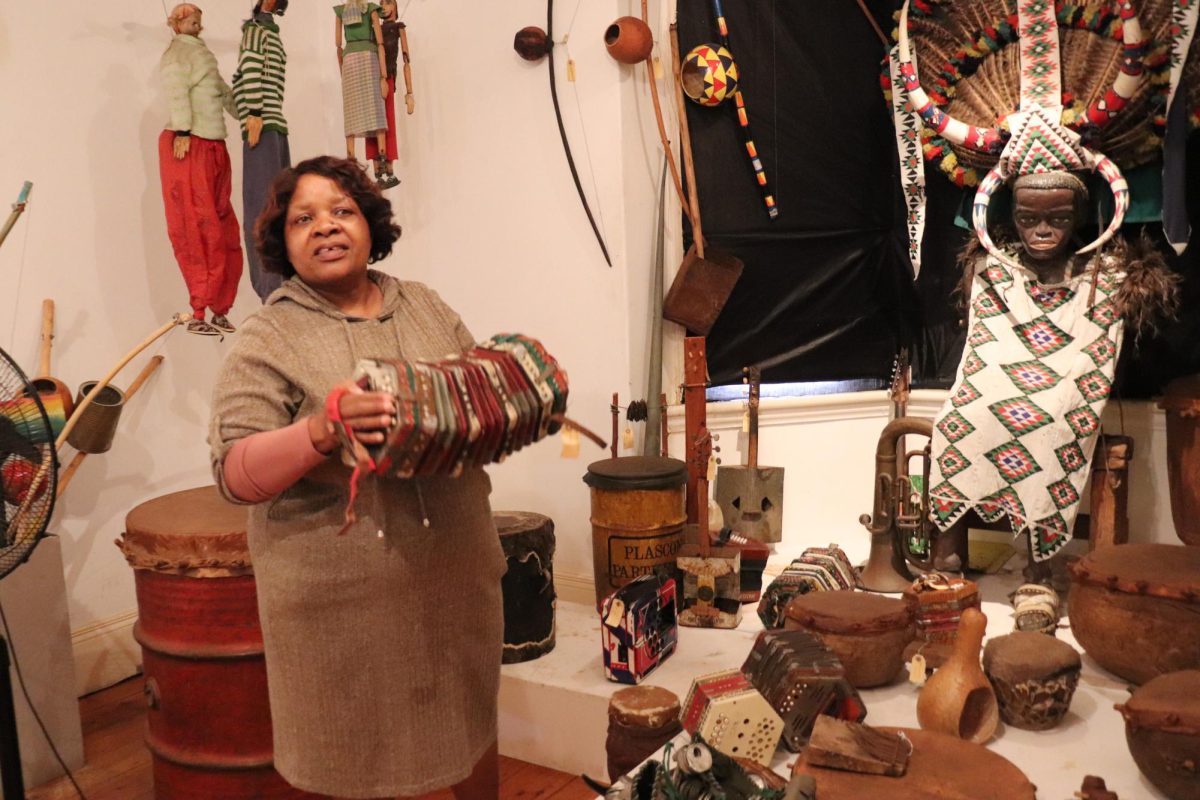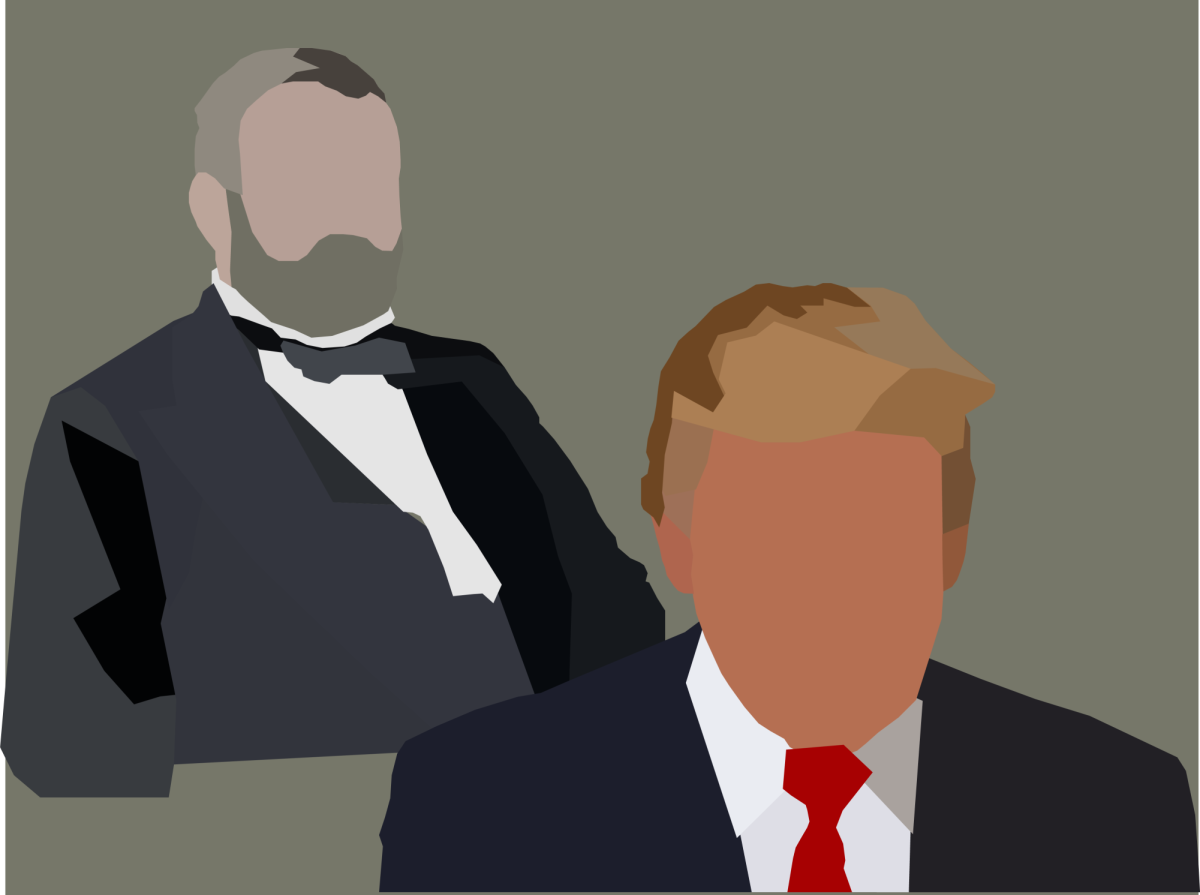What fall holidays mean for Native culture
As the moon begins to bring cold winds, the ground is slowly decorated by hues of reds, browns and oranges. We gravitate closer to one another almost instinctively as our bodies begin to yearn for a sense of warmth and comfort.
We crowd around bonfires or in the back of hay wagons telling stories and laughing, actively trying to embrace the last moments of nature before it gets too cold to enjoy.
For these reasons I will forever value the fall season. But as an Afro-Indigneous man, no other time brings me more pain, as it also sheds light on 500 years of colonization and genocide that is still perpetuating itself today.
For the past 82 years, America has begun its seasonal festivities by glorifying the “heroic” Christopher Columbus: a man who never discovered America but slaughtered, raped and enslaved those who he encountered in the Bahamas.
Grace Hauck explains in her article, “Columbus Day: Celebrating cultural heritage, or the colonization of Native Americans?” “At least eight states, 10 universities and more than 130 cities across 34 states now observe Indigenous Peoples Day as an alternative to the federally recognized Columbus Day…”
This is a good start; however, it is due time that the federal government makes an official change because what Columbus represents is the ideology of white supremacy.
I encountered a feeling of relief knowing that more people are becoming aware of the problems associated with Columbus Day. However, countless Americans continue to mock Indigenous heritage and trauma. In the article, “Continuation of the Pocahontas Paradox,” Keestin O’Dell touches on a 2016 study that examined the major themes associated with Native American costumes.
She states that the descriptions of such attire are sexual in nature and purposed to attract men. Descriptions include “sexy,” “temptress,” and “pocahottie” according to Odell’s article. The problem with this is that Native women in this country are currently facing a hidden epidemic. The Missing Murdered Indigenous Women, #MMIW, Movement was created because Native women are being killed and trafficked far more than any other demographic in America.

GRAPHIC: Kaitlyn Patterson ’20
To put this into perspective, in the 15 years of conflict in Iraq, the U.S. suffered 4,541 fatalities. This number of missing and murdered Indigenous women surpassed that in one year and this number is climbing. Yet the U.S government continues to ignore the crisis.
The problem will not change merely by respecting Native culture when it comes to Halloween, but it is my hope that a sense of respect especially around this holiday will aid in changing colonized perspectives of Native women as sex objects.
The last of our favorite U.S. fall holidays has become a symbol of American culture. Susan Bates tells us in “The Real Story of Thanksgiving,” that in 1637, 700 Pequot people gathered for their annual corn festival in present day Groton, Connecticut. As they slept, English and Dutch mercenaries surrounded them and set their longhouses on fire. Many were burned alive and those who ran out of their shelters were shot and clubbed to death.
When these soldiers returned home, the governor of the Massachusetts Bay Colony, John Winthrop, declared “A Day of Thanksgiving.” As the killings became more frequent, so did the celebrations. George Washington suggested that the Thanksgiving celebrations should be minimized, but it was not until the presidency of Abraham Lincoln that Thanksgiving became a single celebration we know today.
On the day he made the declaration, ironically enough, he ordered troops to kill the already starving indigenous Sioux people of Minnesota.
The fall represents change. A time we must adjust to even if we are not quite ready. A season that calls for love and empathy towards others.
For these reasons, it is important that we acknowledge the true history and traumas that are attached to the holidays we celebrate. Not doing so solidifies the narrative that Indigenous people don’t exist and/or do not matter.
The foundation of America is based in slavery and genocide, which leads to the sustained hate and bigotry we see on and off this campus. It is the duty of white people and students across the nation to use their privilege to deconstruct the systems put in place by their ancestors that actively oppress black and brown people.
It is up to people and students of color to uplift each other and to decolonize our minds from over 500 years of conditioned self-hate and submission.
During Thanksgiving break share this story. As for me, I will be in Plymouth, Massachusetts representing the Nanticoke Lenni-Lenape Nation at the 50th Annual Day Of Mourning in protest of the continued oppression of Native ancestors and Natives today.
I invite all of those who are done upholding the oppressive ways of this great country to come listen, learn, act and begin to invoke a change.
Wake up, our future depends on it.

